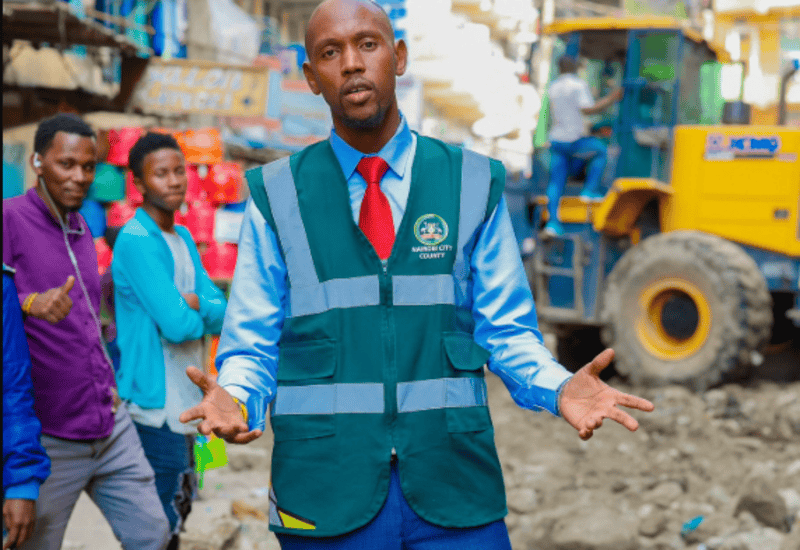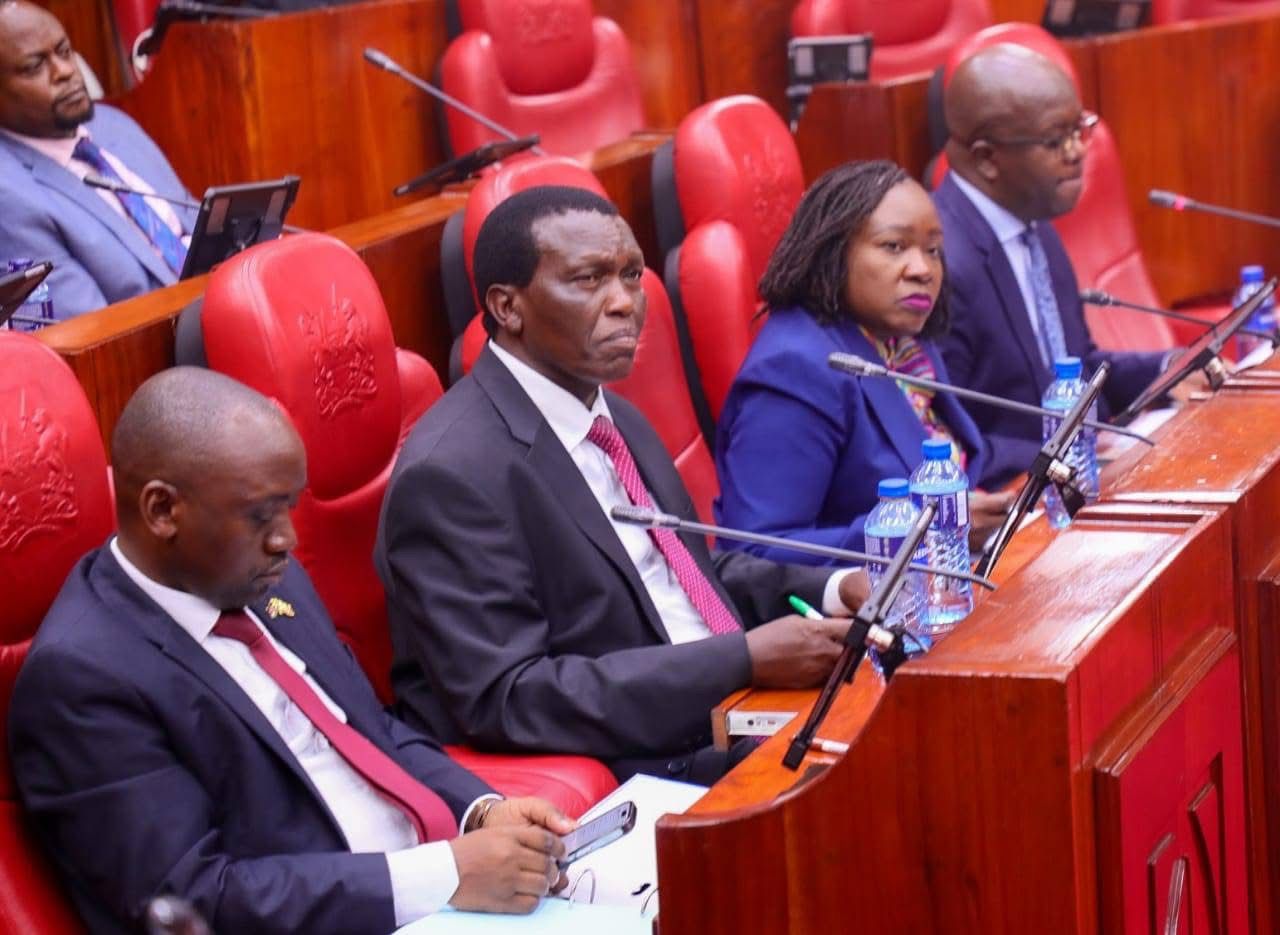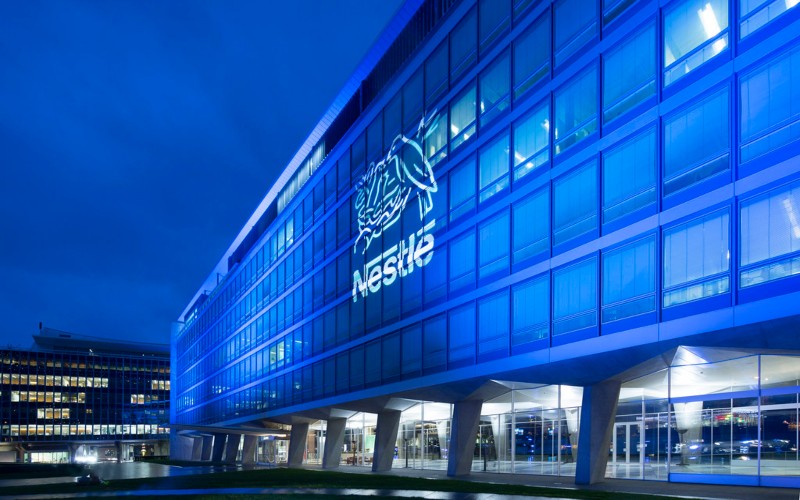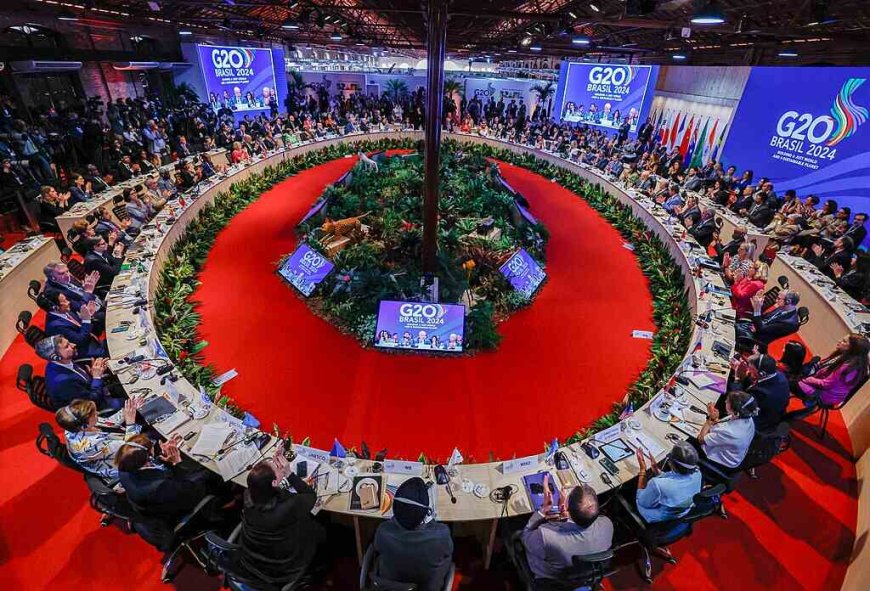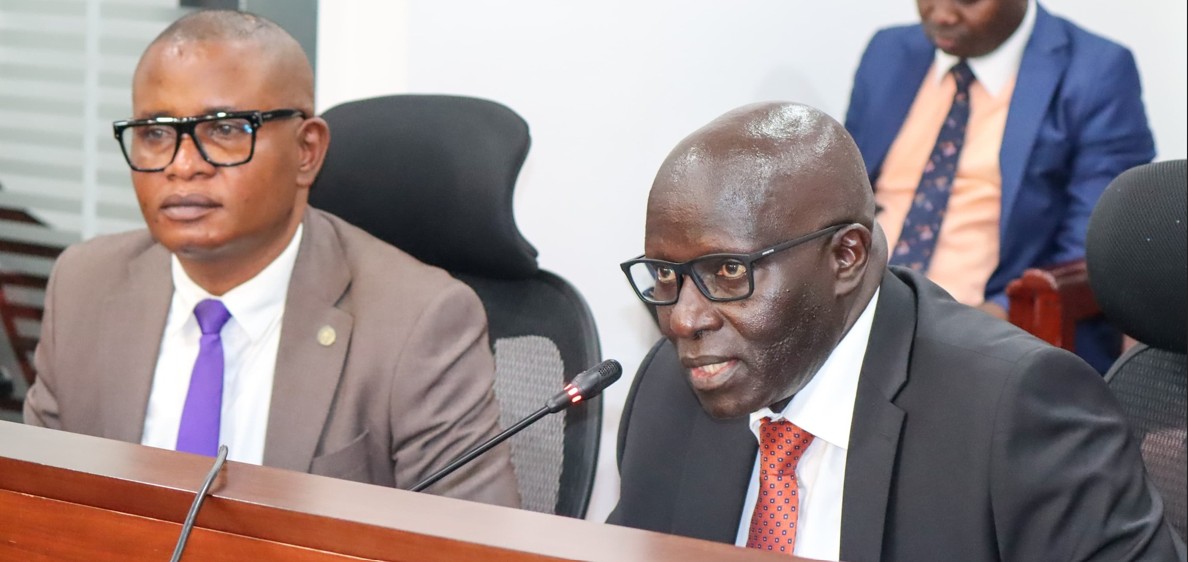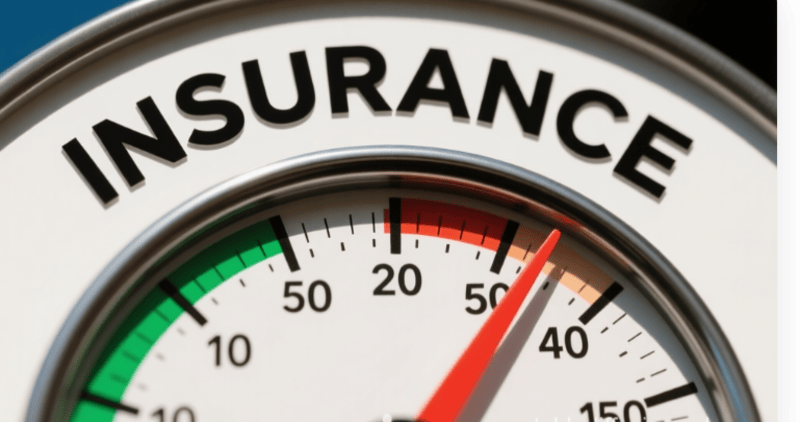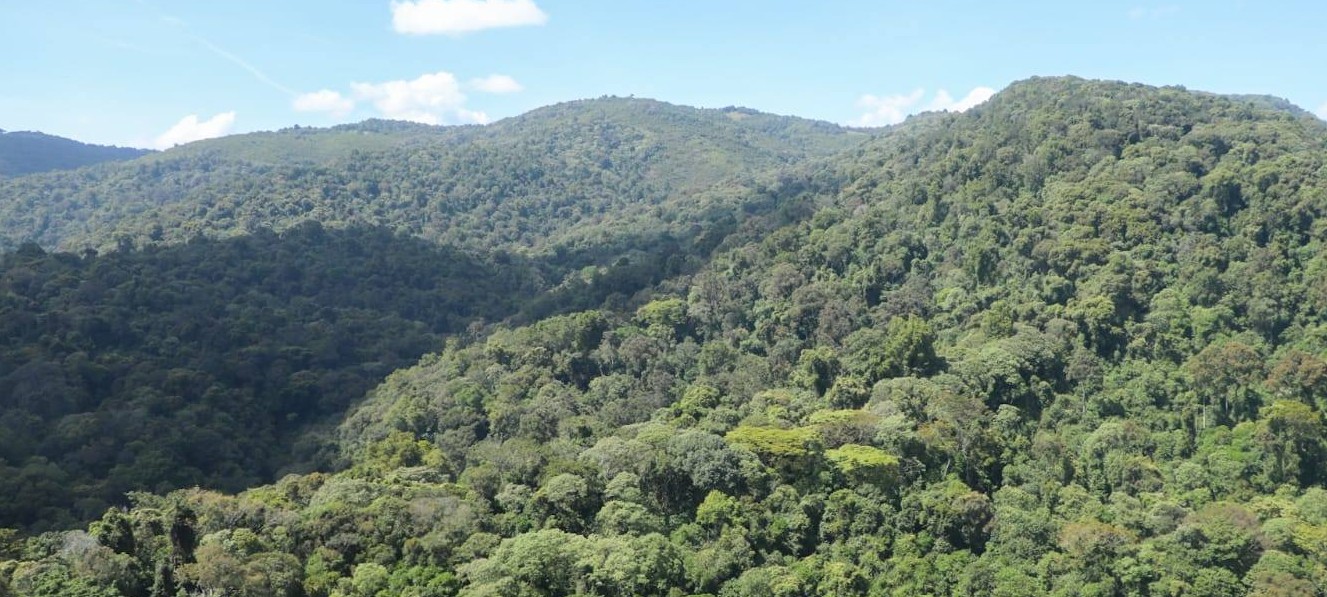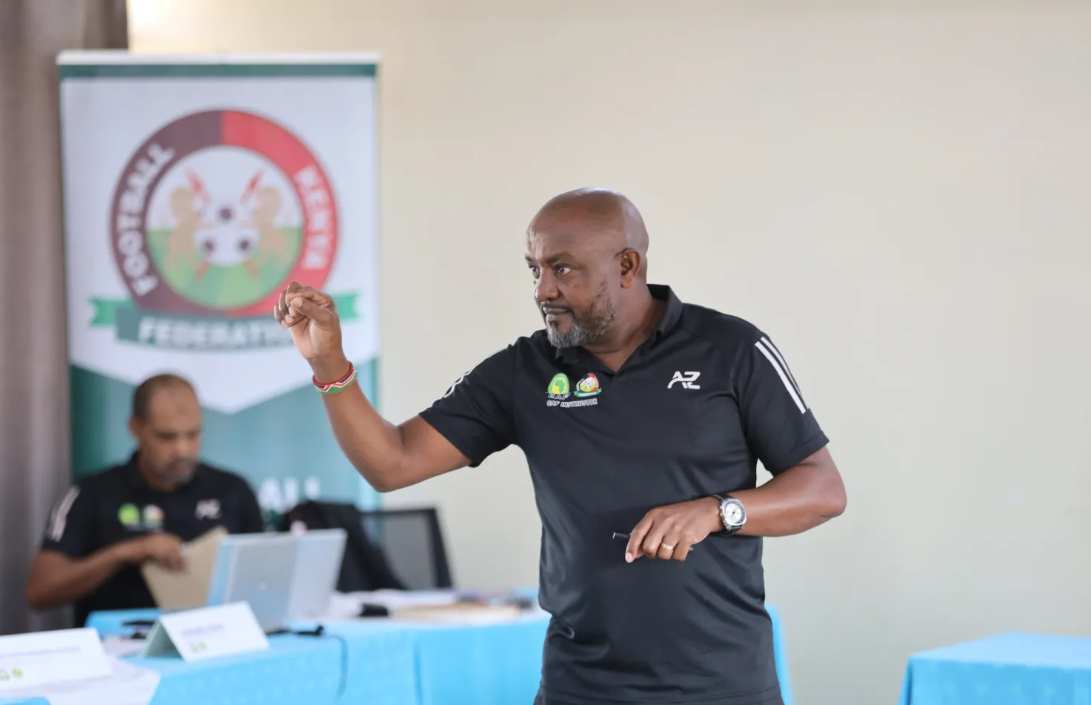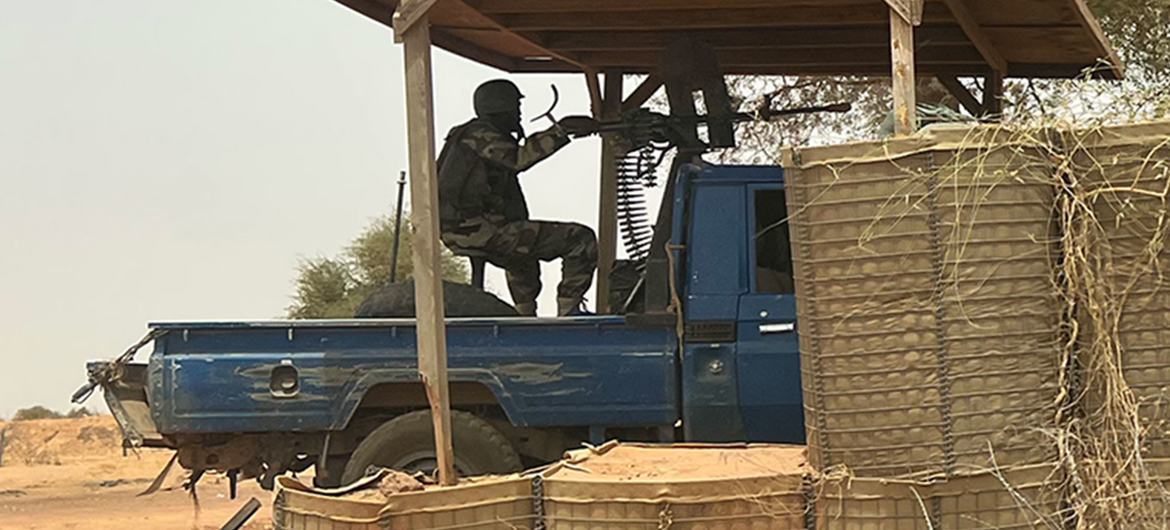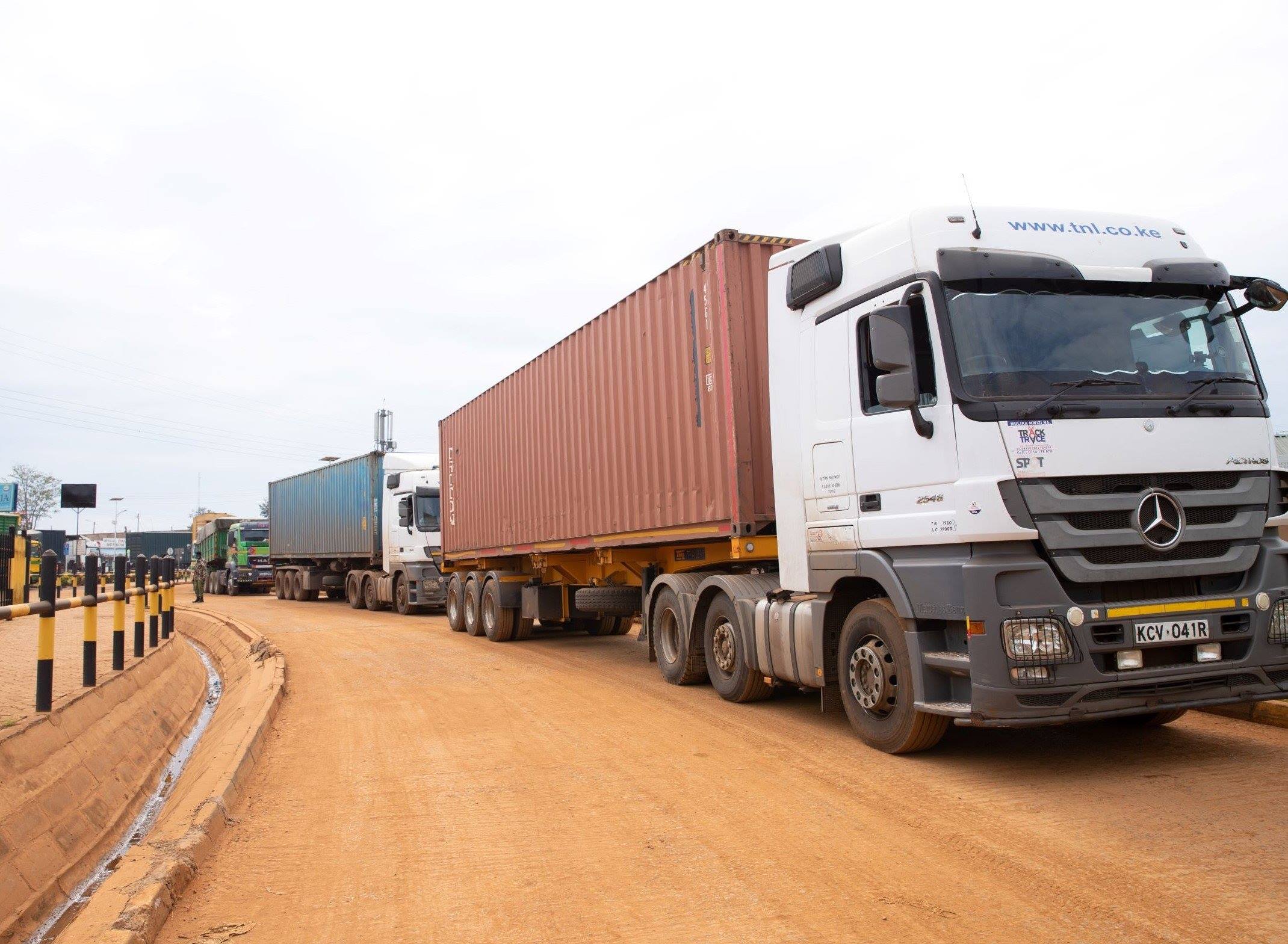Tshisekedi, Kagame to brief AU security council on DRC crisis in Addis Ababa
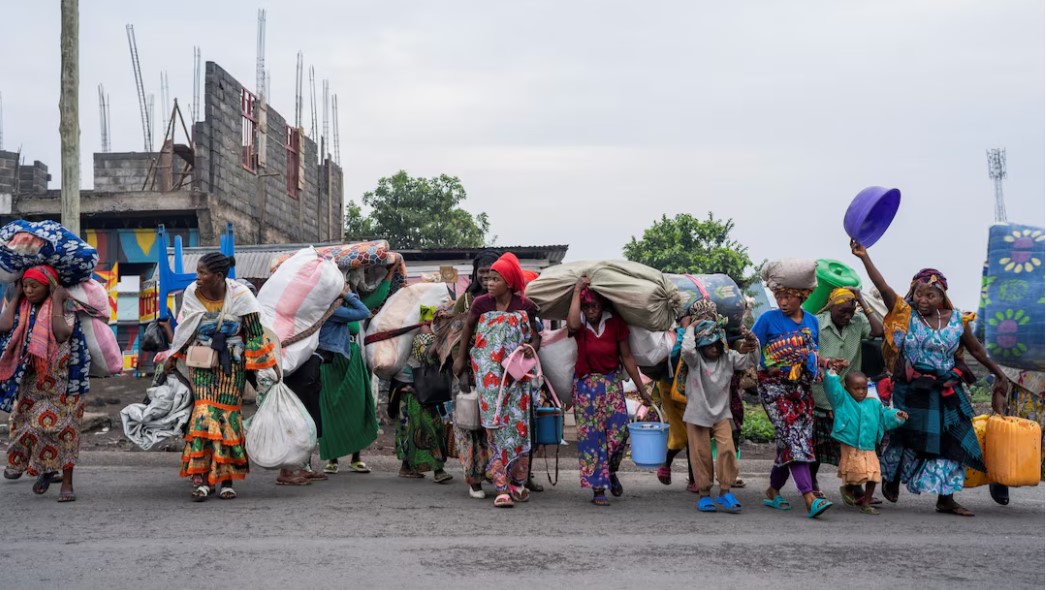
The summit is expected to issue further directives to facilitate a sustainable ceasefire between the warring parties under the two peace processes, as well as establish mechanisms to improve humanitarian access.
Democratic Republic of Congo's President Félix Tshisekedi and his Rwandan counterpart Paul Kagame are scheduled to meet in Addis Ababa on Friday, where they are expected to brief the African Union (AU) Peace and Security Council (PSC) on the situation in eastern DRC as concerned countries.
The two leaders are expected in the country for the African Union Commission (AUC) elections, scheduled for this weekend, following tomorrow's AUPSC Heads of State and Government summit on the situation in eastern DRC.
More To Read
- Francophonie leaders meet in Kigali to advance women’s leadership
- Goma airport can only be reopened by AFC/M23, say rebels
- DRC and M23 rebels sign Doha Peace Framework in bid to end conflict
- Ethiopia wins bid to host COP32 climate talks in Addis Ababa
- DRC and Rwanda draft agreement to boost trade and investment
- DR Congo hunger crisis worsening amid fighting and lack of aid funding
Also expected to brief the session are President Teodoro Obiang Nguema Mbasogo of Equatorial Guinea, who is the current Chairperson of the Peace and Security Council (PSC), and the outgoing AUC Chairperson, Moussa Faki Mahamat.
Others scheduled to make interventions include President João Lourenço, the Mediator of the Luanda Process; Tanzania's President Samia Suluhu Hassan, in her capacity as Chairperson of the Southern African Development Community (SADC) Organ on Politics, Defence, and Security Cooperation; Zimbabwe's President Emmerson Mnangagwa, the Chair of SADC; Kenya's President William Ruto, in his capacity as Chairperson of the East African Community (EAC); South Africa's President Cyril Ramaphosa; former President Uhuru Kenyatta, as the Facilitator of the EAC-led Nairobi Process for Peace in eastern DRC; as well as the UN Secretary-General, António Guterres.
This session follows up on the PSC ministerial emergency session held on January 28, two days after the M23 armed group entered Goma.
Among the resolutions made at the meeting was the decision to hold a similar session at the Heads of State and Government level on the margins of the ongoing AU Summit.
Friday's meeting is taking place at a time when the situation in Goma remains volatile, with the warring factions accusing each other of violating the ceasefire call made during last week's joint summit of EAC and SADC Heads of State.
It also comes as troop-contributing countries to the current peace enforcement mission, SAMIDRC, have announced plans to withdraw their forces from eastern DRC, leaving MONUSCO—the UN peacekeeping mission—as the primary force in the region.
The fall of Bukavu is also reportedly imminent, with the M23 advancing towards the city, a move that has sparked fear and panic in the region.
A series of diplomatic engagements over the conflict has yielded little progress, despite multiple foreign nations threatening to impose sanctions on Rwanda for its alleged role in the conflict. Rwanda denies this.
Notably, however, the M23 armed group softened its stance after capturing Goma and joined the DRC government in welcoming the decision to resume talks under the Nairobi Process, as proposed by the joint EAC-SADC Heads of State summit held in Arusha.
"The other issue of concern for the PSC when the Heads of State and Government meet on Friday is how to address the dire humanitarian situation in eastern DRC, which is one of the largest humanitarian crises in the world. Apart from disrupting the operations of MONUSCO, including its peacekeeping mission, the fighting in Goma has curtailed humanitarian access and activities. Further to heightening inter-communal tensions and violence, it is also forcing large numbers of people into displacement," notes Amani Africa, a Pan-African think tank.
The latest UN Office for the Coordination of Humanitarian Affairs (OCHA) data shows that 110,000 displaced persons have left camps in Goma and moved to villages in the Masisi, Rutshuru, and Nyiragongo territories.
The summit is expected to issue further directives to facilitate a sustainable ceasefire between the warring parties under the two peace processes, as well as establish mechanisms to improve humanitarian access.
"The PSC may call for the urgent dispatch of a high-level delegation of Heads of State and Government from countries that are not members of SADC, EAC, and ECCAS to Kinshasa and Kigali for the immediate implementation of de-escalation measures," the think tank adds.
Top Stories Today
